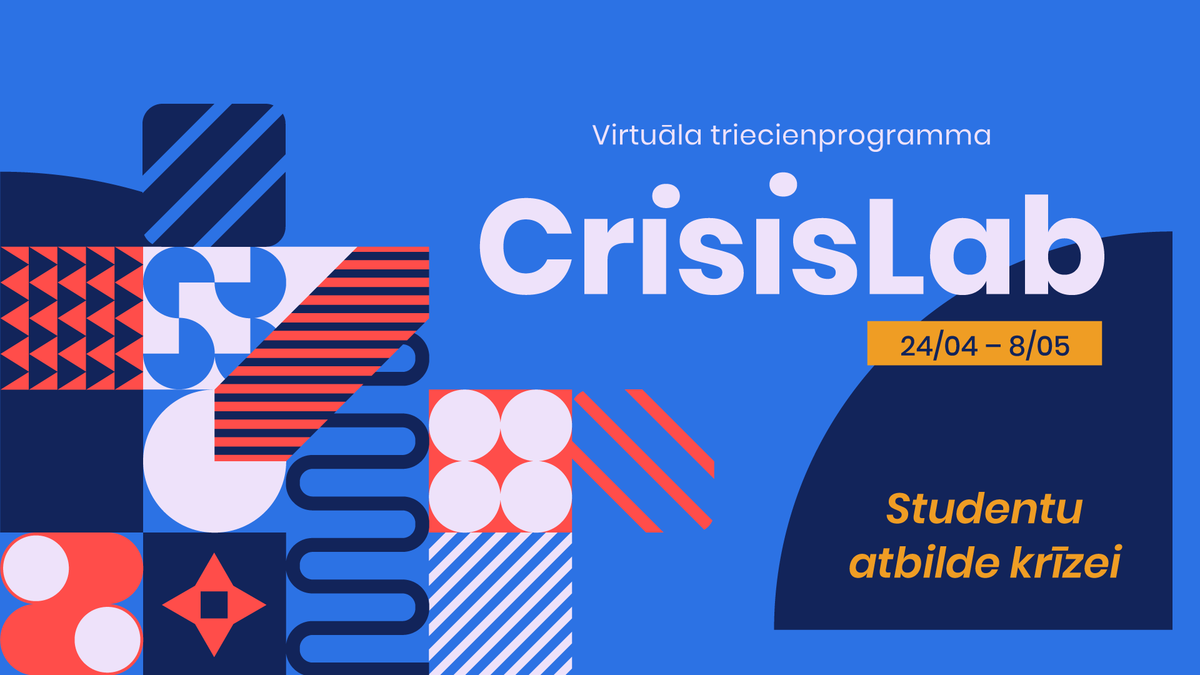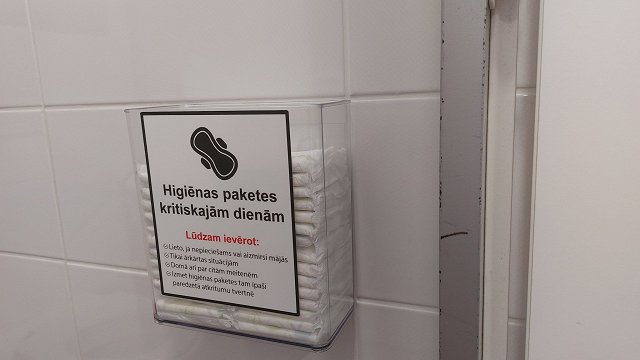Many of the situations involve digital solutions for product delivery or remote learning and working. The most challenges were handed in by the Ministry of Education and Science, for example, creating a tool that monitors student attention and concentration.
The students have been split up into teams, and each team is working on their challenge together online under the guidance of a mentor. Rīga Technical University's (RTU) Design Factory representative Nadīna Elekse is one of the organizers.
“There are IT representatives, educators, sociologists, creative industry representatives, mechatronics engineers – a big variety. That's also what we wanted, for teams to work on challenges that are at maximum interdisciplinary,” said Elekse.
One of the CrisisLab participants is Rīga Stradiņš University business management second year student Ralfs Brumermanis. His team is working on developing a unified product delivery platform for all of Latvia. According to the Brumermanis, students need to be involved in problem-solving, because they have a certain fervor and bold ideas.
“Currently the main thing for us is to define all the problems we see and line them up by importance, so that we don't miss anything and have to do two time more work in the end,” said Brumermanis.
Work on the solutions will end May 8, when a 20,000 euro prize fund will be distributed. Each university will award a prize in their category, for example, RTU will present the award for best engineering solution, but the Naval Academy will present the award for the largest impact on society.
“We're looking for real, practical solutions created by cooperation between students and those submitting and problem situations and mentors. We expect that the students will have a greater understanding of the problem situation and how to overcome it,” said Elekse.
The initiative is supported by European Union fund programs.


























